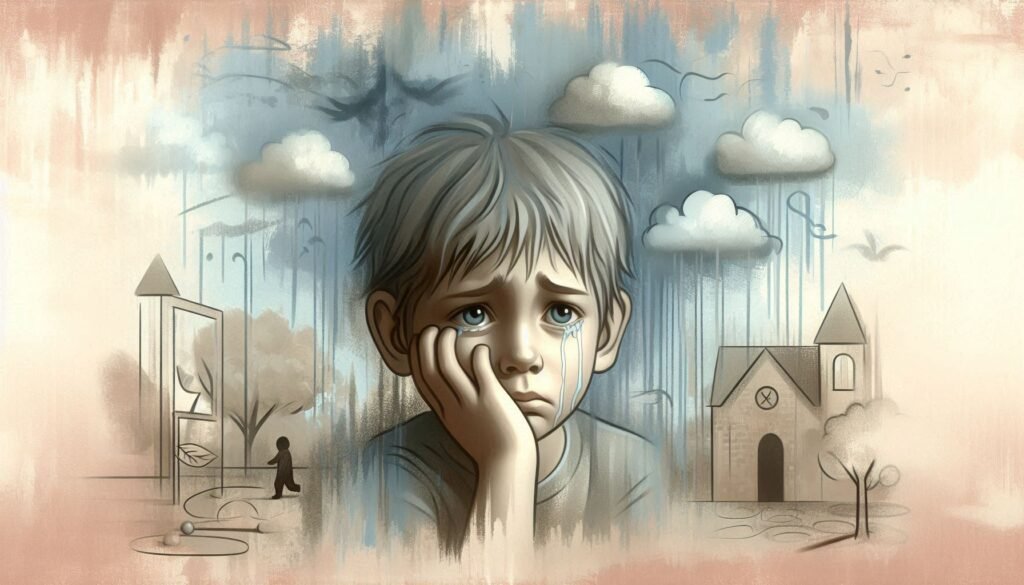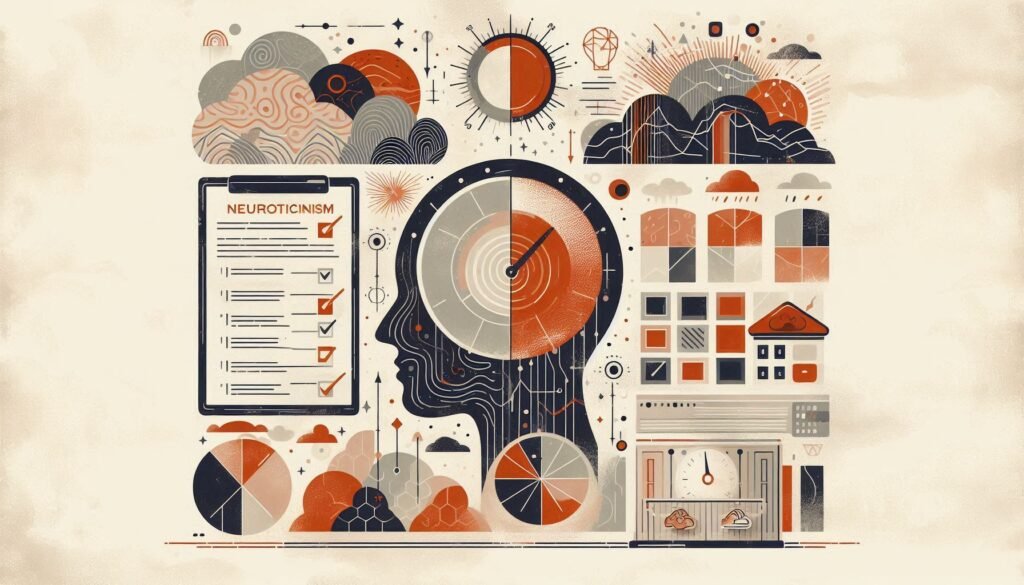Neuroticism and Eating Habits: Understanding the Dynamics of Emotional Eating
Emotional eating is a complex behavior that many individuals experience, often as a way to cope with stress or negative feelings. At the heart of this phenomenon lies neuroticism—a personality trait characterized by emotional instability and heightened sensitivity to stress. When these two elements intertwine, they create powerful dynamics that influence our food choices and […]
Neuroticism and Eating Habits: Understanding the Dynamics of Emotional Eating Read More »










